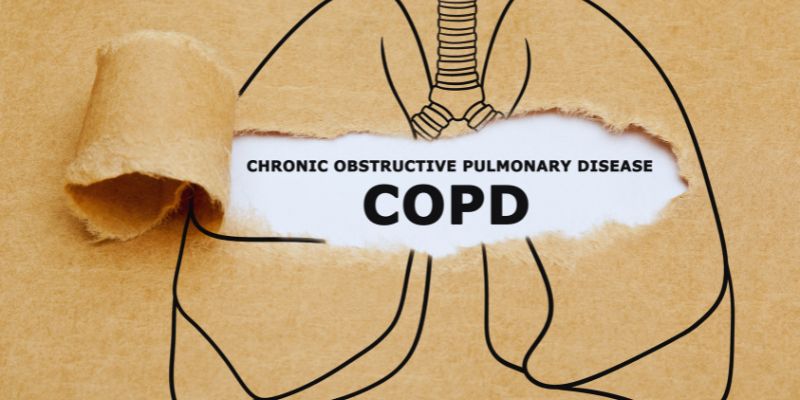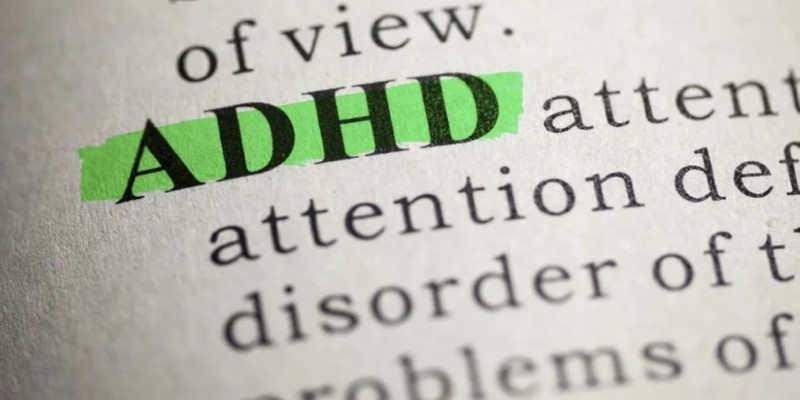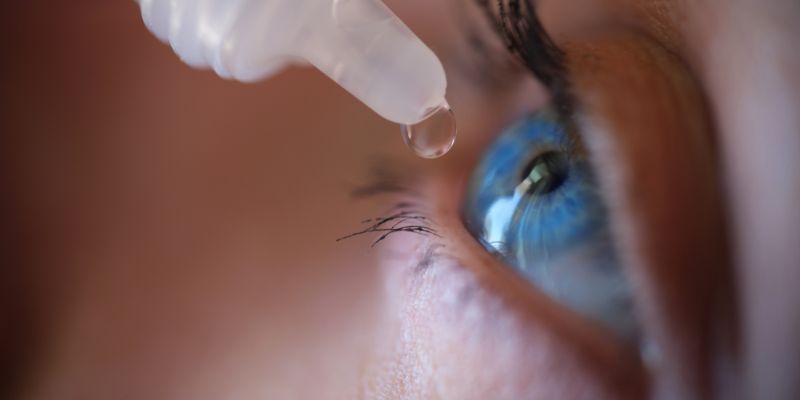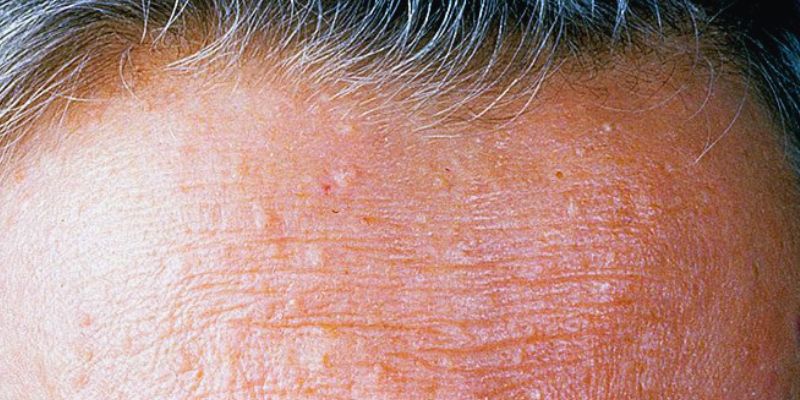Mythbusting ADHD: 8 Falsehoods That Mislead Us
ADHD is often misunderstood, surrounded by myths that can overshadow the realities faced by those living with the condition. From misconceptions about its legitimacy to erroneous beliefs about its impact on individuals lives, these myths can perpetuate stigma and hinder support. Understanding ADHD requires peeling back these layers of misinformation to reveal a more accurate picture.
This article aims to debunk eight of the most common myths about ADHD, empowering individuals and families with the knowledge needed to navigate the challenges and enfold the strengths associated with this often misunderstood condition.
8 Myths About ADHD, Debunked
Here are 8 common myths about ADHD (Attention Deficit Hyperactivity Disorder), along with explanations to debunk them:
Myth 1: ADHD Isnt a Real Condition
A prevalent myth is that ADHD is not a legitimate medical condition. Many people believe ADHD is merely a label for difficult behavior in children rather than a neurodevelopmental disorder with a biological basis. Research consistently supports that ADHD is real, showing structural and functional differences in the brains of individuals with ADHD compared to those without.
This disorder can significantly affect ones ability to function in various aspects of life, including school, work, and social relationships. Recognized by major medical organizations, ADHD requires appropriate diagnosis and treatment, underscoring its status as a real condition that affects millions worldwide.
Myth 2: ADHD Only Affects Children
Another widespread misconception is that ADHD is solely a childhood disorder. While it is often diagnosed in children, many individuals carry ADHD into adulthood. Studies indicate that up to 60% of children with ADHD continue to experience symptoms as adults, which can manifest differently as they grow older.

Adults with ADHD may struggle with time management, organizational skills, and maintaining relationships, making it crucial to recognize that ADHD can persist throughout life. By overlooking adult ADHD, we miss opportunities for support and intervention for a demographic that often faces unique challenges.
Myth 3: ADHD is Just an Excuse for Laziness or Bad Behavior
The idea that ADHD is merely an excuse for laziness or poor behavior is not only false but harmful. ADHD is linked to deficits in executive functioning, which encompasses skills such as planning, prioritizing, and completing tasks. Individuals with ADHD often exert significant effort but may still struggle to follow through due to their neurological differences.
This misunderstanding can lead to harsh judgments about character and effort, ignoring the reality that people with ADHD work just as hard, if not harder, to achieve their goals. Recognizing the cognitive challenges faced by individuals with ADHD fosters empathy and support rather than blame.
Myth 4: ADHD Only Affects Boys
Many people erroneously believe that ADHD predominantly affects boys, contributing to the underdiagnosis of girls. While boys are diagnosed more frequently, this disparity arises from the way symptoms often present differently between genders. Boys typically exhibit hyperactive and impulsive behaviors, which are more noticeable and disruptive in school settings. In contrast, girls may show inattentiveness or daydreaming, which can be overlooked.
This gender bias can prevent girls from receiving the diagnosis and support they need, leading to difficulties that persist into adulthood. By acknowledging that ADHD affects all genders, we can promote more accurate diagnoses and better support for everyone.
Myth 5: Medication is the Only Treatment for ADHD
Theres a common belief that medication is the sole solution for managing ADHD symptoms. While stimulant medications can effectively help many individuals, they are just one aspect of a comprehensive treatment plan. A holistic approach to managing ADHD may include behavioral therapies, psychoeducation, lifestyle modifications, and social skills training.
For instance, Cognitive Behavioral Therapy (CBT) can help individuals develop coping strategies and address negative thought patterns. Additionally, practical lifestyle changes like regular exercise, a healthy diet, and good sleep hygiene can significantly impact symptom management.
Myth 6: People with ADHD Cant Be Successful
Contrary to the belief that ADHD impedes success, many individuals with this condition thrive in various fields. ADHD does not define a person's potential; rather, it can accompany unique strengths such as creativity, problem-solving, and resilience. Notable figures in arts, sciences, and entrepreneurship have openly shared their experiences with ADHD, highlighting how they harness their unique cognitive styles to succeed.
With the right support and coping strategies, individuals with ADHD can excel and contribute meaningfully to their communities. This potential for success reinforces the idea that ADHD is just one aspect of a persons identity, not a limiting factor.
Myth 7: ADHD is Caused by Poor Parenting
The belief that ADHD stems from poor parenting practices is another harmful myth. While parenting can influence how symptoms are managed, ADHD itself is primarily a neurobiological condition influenced by genetic and environmental factors. Studies show that genetics play a significant role in the development of ADHD, with heritability estimates ranging from 70% to 80%.

By placing blame on parenting, we inadvertently contribute to stigma and guilt, preventing families from seeking the necessary support and resources to help their children. Recognizing that ADHD is a medical condition encourages a more constructive approach to treatment and support.
Myth 8: ADHD is Overdiagnosed
Some argue that ADHD is overdiagnosed, particularly in children, suggesting that increased awareness and diagnostic practices have led to inflated numbers. However, while diagnosis rates have risen, this trend is largely due to improved recognition and understanding of ADHD rather than an actual increase in cases.
Many individuals, especially adults and girls, often go undiagnosed or misdiagnosed, further complicating the narrative around ADHD. Increased awareness helps ensure that those who truly need support receive it, combating the myth of overdiagnosis and fostering a better understanding of ADHD as a legitimate condition.
Conclusion: Moving Forward with Understanding
By debunking these myths, we can foster a more accurate understanding of ADHD and the challenges it presents. It is essential to recognize that ADHD is a complex, lifelong condition that can affect individuals differently.
Addressing misconceptions not only supports those living with ADHD but also cultivates a more compassionate and informed society. As we continue to raise awareness and share accurate information, we pave the way for better support, treatment, and opportunities for individuals with ADHD.












